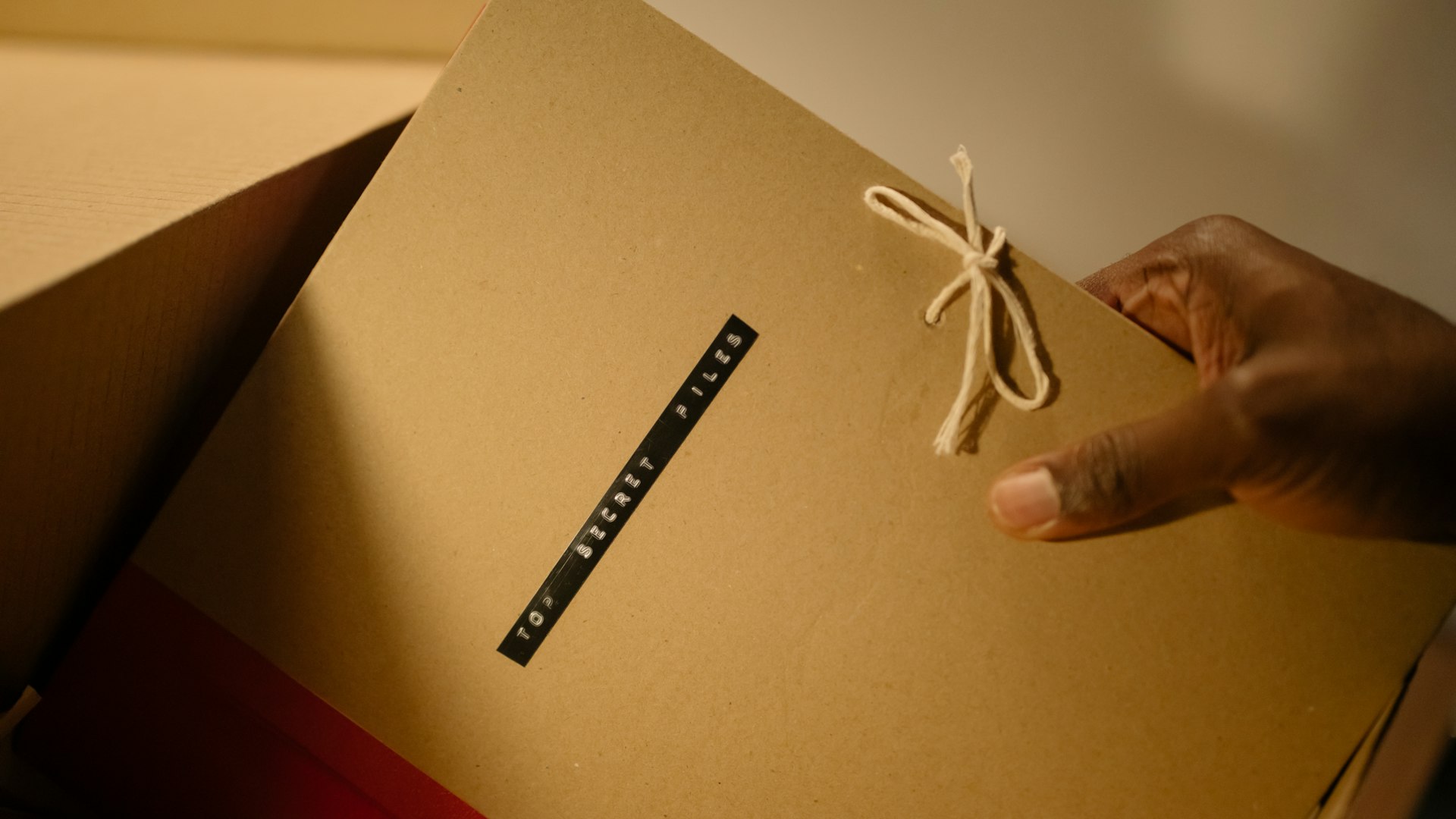Introduction
The Law of Evidence in Pakistan plays a pivotal role in the administration of justice and the determination of guilt or innocence in legal proceedings. This legal framework outlines the rules and principles governing the admissibility, relevance, and credibility of evidence in courts across the country. In this article, we will explore the various aspects of the Law of Evidence in Pakistan, shedding light on its historical development, key principles, types of evidence, and recent legal reforms.
Historical Development
The roots of Pakistan’s Law of Evidence can be traced back to the British colonial era. The British introduced the Indian Evidence Act of 1872, which served as the foundational framework for the law of evidence in India and, subsequently, Pakistan after gaining independence in 1947. This act was based on principles of common law and remains in force today, with amendments and modifications.
Key Principles
- Relevance: In Pakistan, as in most legal systems, evidence must be relevant to the case at hand to be admissible. The Pakistan Penal Code (PPC) and the Code of Criminal Procedure (CrPC) delineate the rules for admitting evidence in criminal cases. Similarly, the Qanun-e-Shahadat Order, of 1984, lays down the principles for civil cases.
- Admissibility: To be admissible, evidence must conform to the principles outlined in the respective laws and must not be barred by any exception or privilege. Some types of evidence, such as hearsay, are generally inadmissible unless they fall under recognized exceptions.
- Hearsay Evidence: Hearsay evidence is considered unreliable and is generally inadmissible. However, there are exceptions to this rule, such as when it falls under the doctrine of res gestae or dying declarations.
- Privileged Communication: Certain communications, such as those between spouses or advocates and clients, are considered privileged and generally inadmissible in court.
- Burden of Proof: The burden of proof in criminal cases rests with the prosecution, which must prove the accused’s guilt beyond a reasonable doubt. In civil cases, the burden of proof is typically on the plaintiff, who must establish their case on a balance of probabilities.
- Credibility of Witnesses: The credibility of witnesses plays a crucial role in the determination of facts. Cross-examination and impeachment of witnesses are allowed to test their credibility.
- Documentary Evidence: In addition to oral evidence, documentary evidence, including public and private documents, plays a significant role in court proceedings.
Types of Evidence
In the legal system of Pakistan, evidence is categorized into various types, each with its own set of rules and standards:
- Oral Evidence: This is evidence presented through the spoken word, typically by witnesses. Witnesses are examined and cross-examined during trial to establish the veracity of their statements.
- Documentary Evidence: Documents, including contracts, deeds, wills, and official records, are admissible as evidence. The process for admitting and proving documents is outlined in the Qanun-e-Shahadat Order.
- Expert Evidence: Expert witnesses, such as forensic experts, medical professionals, or financial experts, provide specialized knowledge in cases where their expertise is relevant.
- Circumstantial Evidence: This type of evidence relies on inferences and indirect facts rather than direct observation. In Pakistan, circumstantial evidence can be used to establish guilt or innocence.
- Opinion Evidence: Opinion evidence is generally inadmissible unless the witness is an expert or the subject matter requires specialized knowledge beyond the understanding of an ordinary person.
- Demonstrative Evidence: Demonstrative evidence includes physical exhibits, models, charts, and diagrams used to illustrate and explain facts to the court.
- Electronic Evidence: In the digital age, electronic evidence, such as emails, text messages, and digital records, has become increasingly important in legal proceedings. The admissibility and authenticity of such evidence are governed by specific rules.
Recent Legal Reforms
In recent years, Pakistan has undergone significant legal reforms aimed at streamlining and modernizing its legal system, including the Law of Evidence. Some notable reforms include:
- The Criminal Law (Amendment) Act, 2017: This act introduced important changes to evidence-related matters in criminal cases. Notably, it allowed for the use of electronic evidence in court proceedings.
- The Use of Video Conferencing: The Code of Criminal Procedure has been amended to permit the use of video conferencing for the testimony of witnesses who cannot appear in person. This reform has expedited court proceedings and improved access to justice.
- The Role of Forensic Evidence: The increased reliance on forensic evidence has led to the establishment of forensic science laboratories across the country, strengthening the investigative and evidentiary process in criminal cases.
- Judicial Training Programs: Training programs and workshops for judges and legal professionals have been organized to enhance their understanding of the law of evidence and its practical application.
Challenges and Concerns
Despite these reforms, there are several challenges and concerns in the application of the Law of Evidence in Pakistan:
- Delay in Justice: The legal process can be slow and cumbersome, leading to delayed justice. Reforms aimed at expediting trials are still a work in progress.
- Witness Protection: Witnesses, especially in high-profile cases, often face threats and intimidation. The lack of an effective witness protection program remains a concern.
- Resource Constraints: Many courts in Pakistan face resource constraints, including a shortage of judges, legal practitioners, and infrastructure. This can impede the effective administration of justice.
- Adherence to Legal Standards: Ensuring that evidence is collected, preserved, and presented by legal standards can be a challenge, particularly in rural areas.
Conclusion
The Law of Evidence in Pakistan is a critical component of the country’s legal system. Its historical roots in the British colonial era have evolved into a complex framework that governs the admissibility, relevance, and credibility of evidence in both criminal and civil proceedings. Recent legal reforms have aimed to modernize and expedite the judicial process, but challenges persist, including delays in justice, issues related to witness protection, and resource constraints. As Pakistan continues its journey towards a more efficient and equitable legal system, the Law of Evidence remains a cornerstone of the pursuit of justice.


